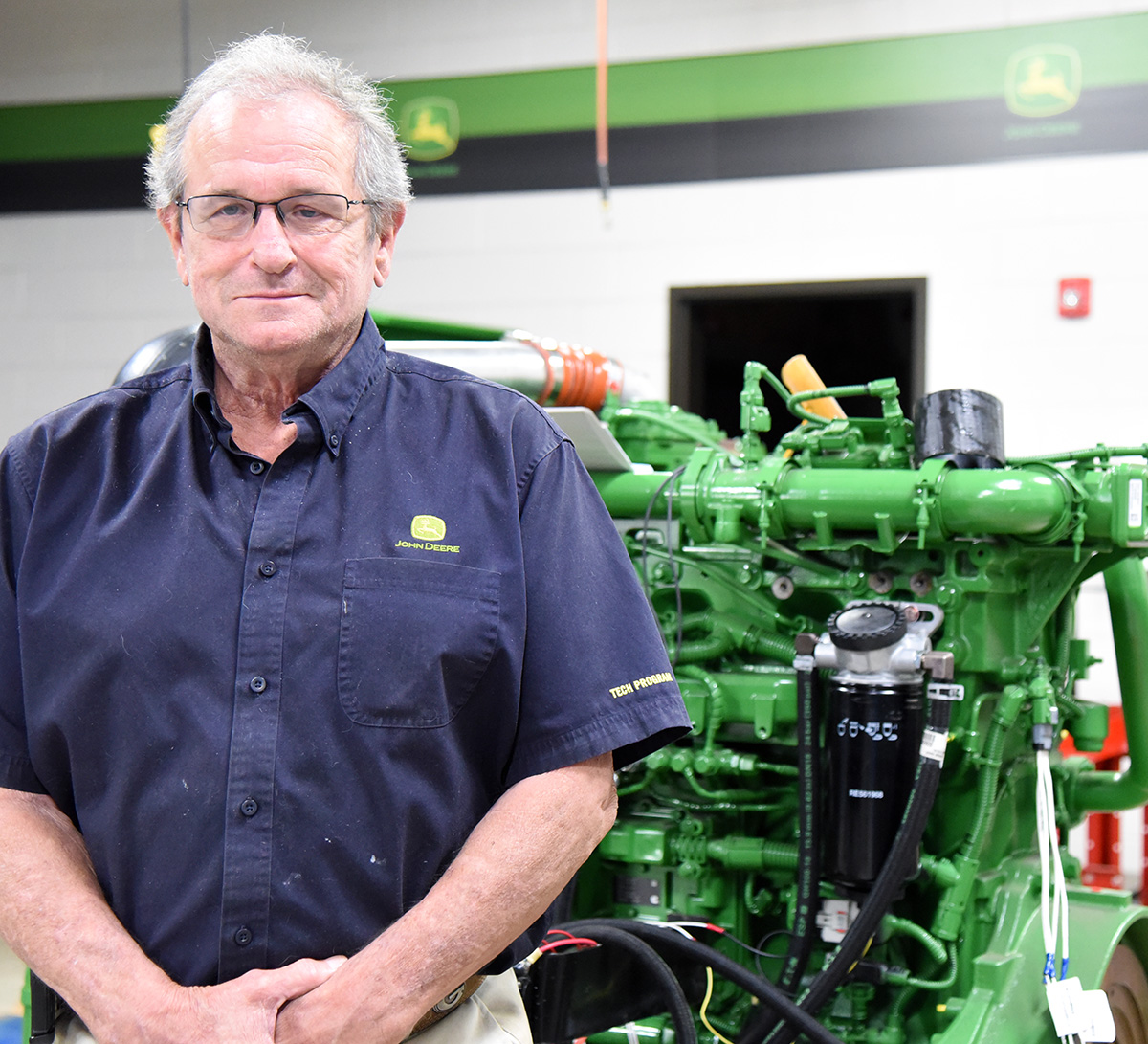Sumter County Humane Society recognized by Best Friends Animal Society for achieving no-kill status in 2024
Published 1:55 pm Friday, July 18, 2025

- Backrow: Mayor Lee Kinnamon, Director of the Humane Society Ruth Olson, Lisa Whitaker, president of the Humane Society, and David Baldwin, chair of the Sumter County Board of Commissioners. Front row: Alexander, also known as “Alex.”
|
Getting your Trinity Audio player ready...
|
The Sumter County Humane Society was recognized by the Best Friends Animal Society for achieving no-kill status in 2024. The award is given to Humane Societies that have a better than 90% save rate.
While the shelter still has to put down very aggressive or sick animals, they save healthy animals that can be adopted. Ruth Olson, director of the Sumter County Humane Society, gave an interview on the work that went in to achieving the no-kill status.
The Society often gets animals that are sick and need treatment, from dogs with heart worm problems to kittens with fungal diseases.
Trending
The rescue program is mostly carried out by staff, but volunteers are welcome. “Our rescue partners look at our Facebook page, and when they see that a stranger has touched that animal and that animal was happy, then that, of course, makes them want more to help us with that animal and help save it.”
Most of the animals go to rescue programs in other states or in other parts of Georgia, but the shelter also does adoptions locally.
Inmates from the Sumter County Correctional Institute volunteer each morning. “Which helps a lot, because they always walk the dogs in the morning, the big dogs.”
The Society sees plenty of need. “So many animals were adopted during COVID, and then people went back to work, and kids went back to school, and it was no longer convenient, and a lot of them got returned. And because they were COVID animals, they weren’t socialized.”
Olson is grateful for the support of the community. “We’re very well supported by donations, all of our medical care, all of our rescue program and our low-cost community spay neuter program is funded by donations and grants.” The spay and neuter program is for Sumter residents, and is $35 for cats and $60 for dogs.
Gail Gleason is a regular volunteer. “She comes every week, and she’ll even walk the big dogs for me. She plays with the kittens. She also helps with transports.”
Trending
Dakoda Mizell was in need of community service hours, which led him to help out at the Humane Society. He says the experience has been a good one. “I really enjoy working with the animals and the people up here, and they do a great job of taking care of animals.” He even got advice for taking care of his own animals.
Mizell likes that it’s a no-kill shelter, and says that seeing the dogs get better is one of the most rewarding parts. Some of the dogs come to the shelter starved or frightened. Mizell has gotten to watch them warm up to people.
He gave a final message to those considering volunteering. “If you need to get out of the house, and want something to do to help ease your mind, you can always come up here and walk a dog, do something and help out, and if you’re looking for a pet, this is a great place to come and get one.”
The Junior Service League regularly volunteers at the Shelter. Carlie Kiley, chair of their Community Health Service Committee, leads their efforts. “We collect donations to take out there, dog food, cat food, cleaning supplies, things like that.”
The League normally goes out every other month. “We help walk the big dogs. We bathe puppies if they need it. Play with the kittens to kind of socialize them with other cats.”
Lisa Whitaker, president of the Humane Society, was inspired to take on the role from her love of animals and desire to make a difference. “I firmly believe that the way we take care of animals, as well as, you know, children and our elderly and those who are less fortunate, that’s a reflection of our community.”
Shelters are the responsibility of city and county government. The Humane Society, a non-profit, runs the shelter while the City and County provide funding, which increased significantly last year. “They stepped up to basically fund the shelter operations so that the Humane Society, the nonprofit organization, could really focus on the rescue side.”
Funding for the shelter helps the Humane Society provide better service. “We’ve been able to raise more money, which has helped us to take care of the animals, to keep them in the shelter longer, and also to be able to get them to rescues and to become a no kill shelter.”
The Shelter also receives donations from the community, and some have listed it as a beneficiary in their wills.
While the Humane Society is grateful for the support of many in the community, those without the same care have caused problems. Animals were regularly dropped off at the shelter before cameras were installed. Now that cameras are in place, drop-offs have occurred further down the street. Whitaker believes that the community needs to change. “It’s not an animal problem. It’s a people problem.”
In addition to volunteers and staff, city and county animal control officers work closely with the Humane Society in their mission to keep animals off the street and away from abuse.
Emily Weiss is an animal control officer at the City of Americus. The job’s kept her busy, but she finds it worthwhile. “If I get to rescue and save animals, then that’s really all that matters to me.” By getting dogs off the streets, fewer animals are hit by cars, and fewer people are bit by dogs. She’s also glad to see more animals getting vaccinations.
Weiss not only finds a big need for animal control, but also for education, with many residents unaware that dogs must be leashed, or on a chain or cable. There is also a rabies mandate in Georgia. “Any dog in the state of Georgia has to be rabies vaccinated.”
Roberto Orbera has worked for 14 years as the County Animal Control Officer. He’s dealt with everything from dogfighting rings to neglect.
Like Weiss, Orbera also sees a need for community education on animal care. He gives owners time to correct problems, but ultimately, the good of the animals is his main priority. “Some people listen, and some people just don’t care.”
Neglect cases have been down, and the last dogfighting ring break-up was a few years ago. Like game wardens, Orbera doesn’t need a warrant to enter private property to check on animal welfare. He’s careful to document the conditions and reason for checking on the animals.
Orbera gives love for animals as his motivation. “Since they cannot speak for themselves, I speak for them.”





